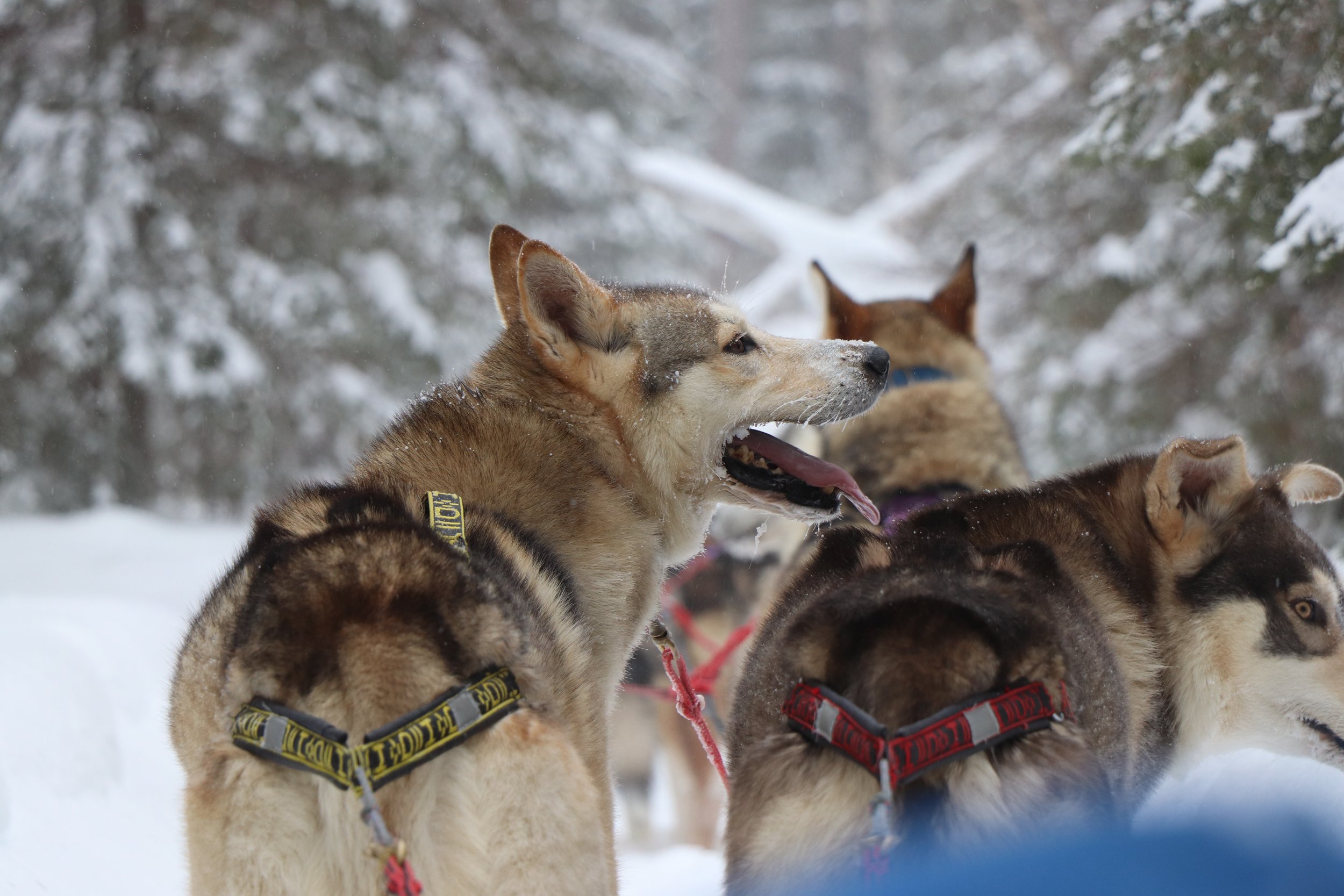Muck Artic Ice Boots
Cold toes can kick you out of the woods before a punched tag. On the coldest days, Muck Arctic Ice Boots keep you stable on the way into the stand and in it long enough to seal the deal.
Muck Artic Ice Boots: The Late Season Boot for the Long Sit and the Long Icy Walk
I’m a public land hunter, mostly in Minnesota and Northern Wisconsin. Cold, ice, harsh conditions… That may sound like hell to some folks, but to me, that sounds like when I want to be in the woods. It’s when the deer are moving, and I want to be there for it. That’s why I bought Muck’s Arctic Ice boots. I put them through a north woods deer season and Minnesota winter to see how they, and my toes, held up to the elements.
Warmth on a solid foundation
These boots combine warmth with industry-leading traction. The boot's Vibram outsole is designed for the worst wet ice conditions. The outsole is the foundation for an 8mm CR flex-foam neoprene 100% waterproof, fleece-lined foot cocoon. This boot is built for treacherous cold-weather treks. Perfect for someone like me who sometimes has to put on a mile or more just to get where I want to sit for a few hours.
Comfort miles deep.
One of the things people love most about Muck boots is comfort. They have found a proven blend of snugness and flex that enables you to spend long days or long treks without discomfort. I found this to be true the handful of times that I used them to get deep into a piece of land I was hunting. The snugness minimizes irritation on the foot that can develop from several thousand steps. The flex makes it easy to maintain that snugness even when you are putting your foot in severe positions like when you are ascending a tree to hunt from.
Treading confidently
The grip on the Vibram outsoles is no joke. I took these boots up to Grand Maria, MN, on a winter get-a-way with my wife (yeah, Minnesotans are crazy enough to go further north in the winter). The main event was Dog sledding. When we pulled up to the kennel, it was 3 degrees, with 22mph wind gusts, and there were 14 inches of fresh powder on the trail. We were in for a treat and some icy footing. That cold had all the walkways covered with slick ice and snow. I started to shuffle like a hockey coach crossing the ice with street shoes. But after a few steps, I was reminded of what I had learned in these boots all hunting season: you can walk confidently on ice on these Mucks. It’s hard to measure the peace of mind confident traction brings, especially when you might find yourself deep in the middle of nowhere.
Dog sledding on the north shore of Minnesota. The Muck Artic Ice Boots kept me nice and warm.
Warmth to stay as long as it takes
I wore these ten hours straight in 20-30 degrees for the opening day of Wisconsin firearm season. My feet did not get cold enough to take me out of the woods. They are built for these sorts of days. I wore them in colder conditions for shorter stints, and they held up similarly.
Potential Drawbacks for you and things to consider before buying
These boots are warm, but there aren’t the warmest. If warmth is the key benefit you are looking for in a boot, others will keep you warmer. The key feature of these boots is their Vibram outsole and the peace of mind it gives you on ice and wet, snowy conditions. If most of your use for this sort of boot is a simple walk to the stand for a long sit, Muck Artic Pros will do the trick. We highlighted those in our best of 21 boots. While they don’t have the grip these boots do, they have an extra layer of warmth and the same flex and snugness.
Speaking of warmth, you will need to pair these boots with the right sock strategy. Less is more here. I grew up stacking two pairs of wool socks on top of each other in traditional Thinsulate hunting boots. That’s not the right move here. Let the boots do the work. Make sure you have a little room and go with a light wool sock. Counterintuitive, but it works. If you are going in far, you may need to start with a super light sock and add in a slightly thicker sock at the base of the tree just to cut down on sweat. Sweaty feet is the fastest way to make a cold boot.
I’ve owned these boots for a year, and they have held up extremely well. They have minor surface scratches and dents, but the boots are structurally sound. However, I hear from other owners and have seen reviews online that indicate that with extended and consistent use, there can be a tendency to start having some structural fails. If you use them daily, just know that they will probably only hold up for 1.5- 2 years at most.
Final Thoughts
Confidence in any condition. For the conditions I face in late-season hunting and winter activity, these boots fit my needs. The Vibram grip is a key feature I wanted, and it delivered. What do you need most out of a cold-weather boot? If you are just walking one hundred yards to the stand and want to be as warm as you can be, you may want to look to the Muck Arctic Pros. If it's a firm foundation on a winter trek to a long cold sit, these boots are a solid choice. These will keep your feet secure, your toes warm, and you in the game long enough to punch the tag.
Gear List
Muck Artic Pro (Slightly Warmer, less grip)




